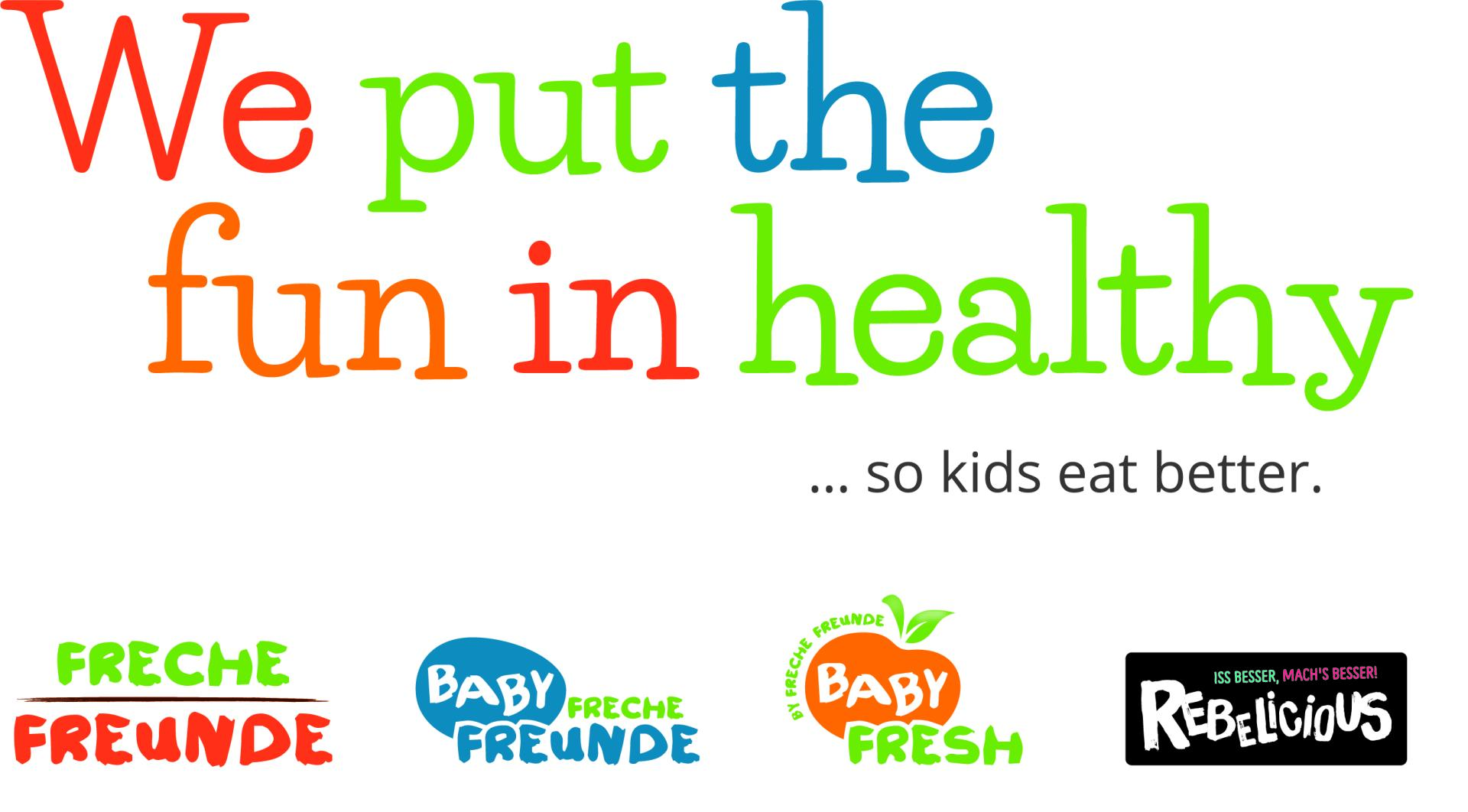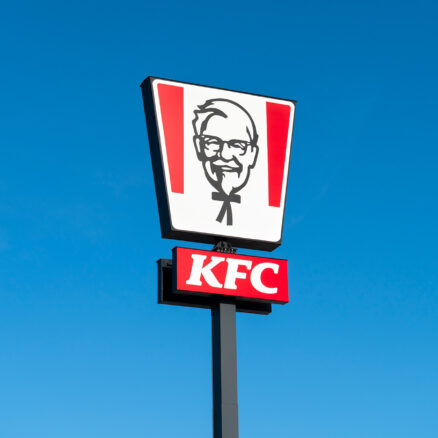
Challenge
erdbär GmbH has been a certified B-Corp since 2016 and has committed to becoming carbon neutral by 2030. To meaningfully work towards this goal, the company first needed to assess and map the carbon footprint of its entire product portfolio and identify key areas for improvement.
As a trading company, erdbär GmbH does not have operational control over the production processes. As such, it will be critical for the company to work in close partnership with its suppliers to reach its climate neutrality goal. With its large number of suppliers located across Europe, each with diverse raw materials and production processes, erdbär required a scalable platform with the ability to evaluate data from its enterprise resource planning (ERP) system and link its supplier data and databases. This would enable erdbär to enhance the transparency of its carbon footprint along the supply chain and identify key carbon hotspots.
Solutions
Quantis created a comprehensive and scalable life cycle assessment model with erdbär by mapping its entire supplier structure and flow of goods and collecting and migrating data along the entire value chain (scopes 1,2,3).
Using Ecochain analysis software, Quantis was able to perform an integrated cost and CO2 calculation, which allowed for analysis at both the company and individual product levels. Quantis first transferred article master data and recipes from the ERP system, then linked them via purchasing data with models of suppliers’ processing processes and database entries on environmental intensity.
Our team then conducted a series of workshops to analyze erdbär’s supply chain structure, and plan and pilot the models. Quantis also trained relevant stakeholders in key functions at erdbär, such as supply chain management and packaging, on how to use the software and how drive its continuous development.
erdbär is now able to independently update this analysis with new data annually and actively onboard the first suppliers on the platform.
This project was one of the first major applications of the innovative Ecochain solution in Germany. Close cooperation with Ecochain Technologies BV made it possible to achieve a scalable approach to mapping the supply chain.
Quantis supported us in adapting our supply chain into a software solution to achieve our goal to become carbon neutral by 2030. The scalable function of the Ecochain software helps us derive specific action plans and track progress on the way to climate neutrality. With the implementation of Ecochain alongside our ERP system, we can, for the first time, derive effective initiatives for our entire product portfolio, ingredients and packaging, and track improvements year-on-year.
Kim-Thore Paulsen, erdbär GmbH
Results
The life cycle assessment developed with Quantis enabled erdbär, for the very first time, to calculate article-specific CO2 footprint results for its entire portfolio and use the findings to define targeted initiatives to reduce CO2 emissions. The remaining emissions in scopes 1 and 2 after the first
optimizations were neutralized by compensation projects. The transparency of the supply chain (scope 3) also made it possible to gain insights into which suppliers have already nearly achieved climate neutrality and where opportunities exist for further reduction and compensation projects. erdbär expects to launch its first 100% climate neutral products on the market in 2022.
In order to achieve the defined B-Corp goal of making erdbär climate-neutral by 2030, further initiatives have already been defined:
- Motivating and guiding all suppliers to use the Ecochain platform
- Extending the database with further primary data to improve the quality of the analysis
- Applying the carbon footprint already in the product design
- Initiating and cooperating in CO2 reduction or compensation projects with suppliers, promoting transformation
We’re your full-service partner for the transformational journey. Our strategic advisors are equipped to guide you at every point along the way.



